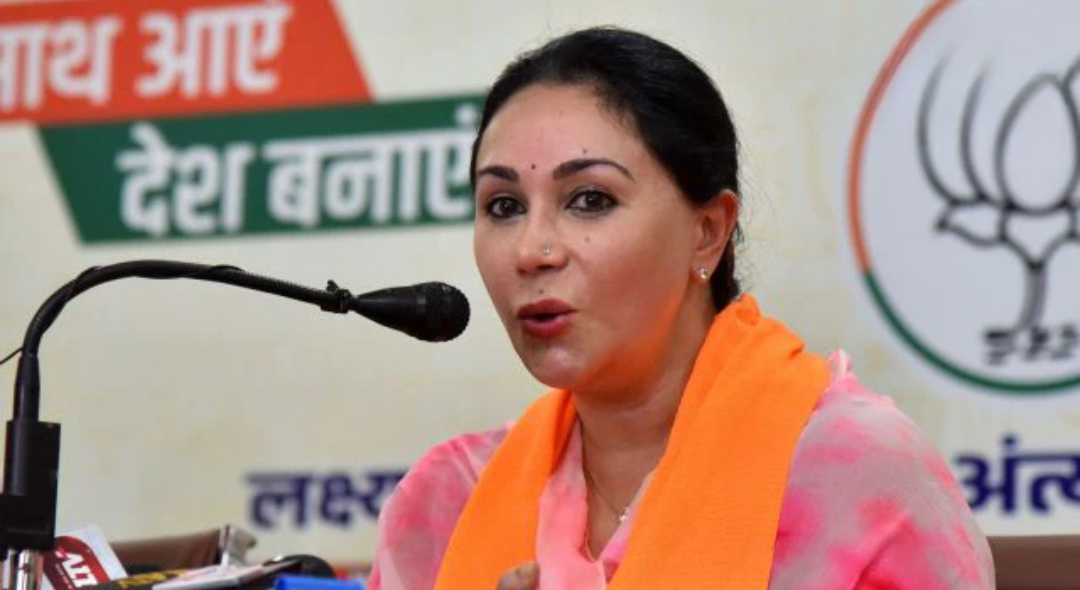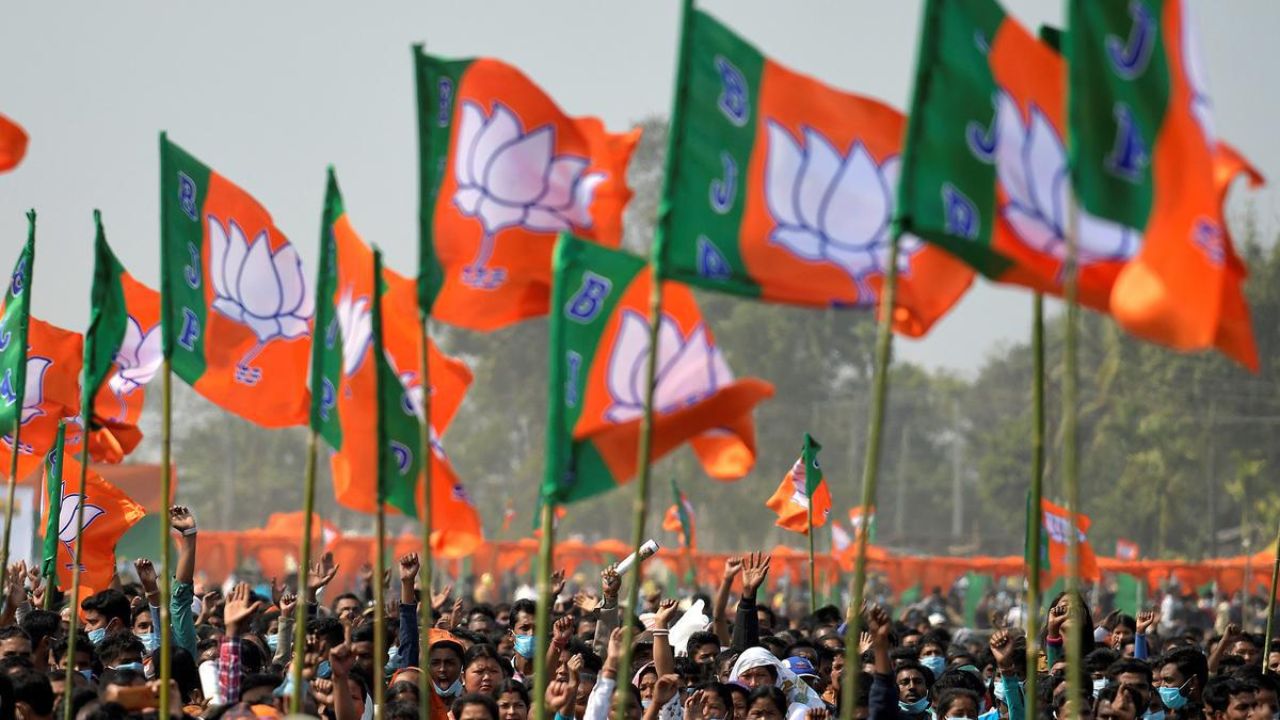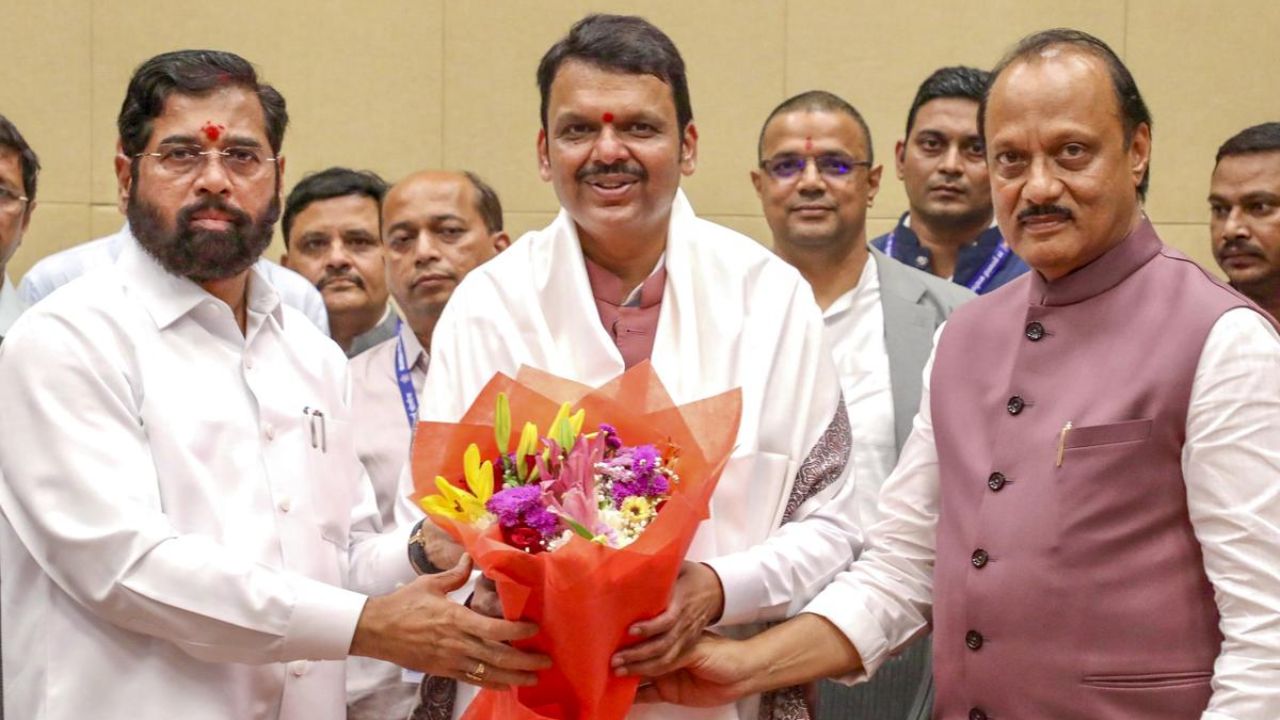Rajasthan Finance Minister Diya Kumari stated, “Nobody expects anything for free. They want the government to provide them with what they rightfully deserve.”
Presenting the first full budget of the Bhajan Lal Sharma government, Finance Minister Diya Kumari spoke with Hamza Khan about her vision, why she avoided populist measures, and the political dynamics involved. Edited excerpts: What are the

Presenting the first full budget of the Bhajan Lal Sharma government, Finance Minister Diya Kumari spoke with Hamza Khan about her vision, why she avoided populist measures, and the political dynamics involved.
Edited excerpts:
What are the core ideas and vision behind the budget?
The core idea was to outline a path for Rajasthan towards becoming a fully developed state by 2047, termed as Viksit Rajasthan. This budget aims to lay the foundation for comprehensive development including infrastructure, roads, medical facilities, connectivity, empowering youth, women, and farmers.
You mentioned plans for a $350 billion economy. How does the state plan to achieve this and is there a timeline?
There is no specific timeline yet, but this is our ambitious goal. We are committed to working towards achieving this target, although it’s a challenging task.
There seems to be little to no populism despite upcoming Assembly by-polls. What was the rationale behind this approach?
Our focus is not on populism. Similar to the approach of PM Modi’s government at the Centre, our aim is to deliver substantive results rather than pursuing policies solely for electoral gains. People desire tangible benefits such as good infrastructure and employment opportunities, not mere freebies.
The previous government implemented several freebie schemes which we are now attempting to address through our governance approach. We are operating as a double engine government in Rajasthan.
You mentioned One State, One Election. What does this entail?
We are exploring the feasibility of conducting all local elections simultaneously to streamline the electoral process. This initiative aims to save public funds and minimize disruptions caused by frequent elections and the subsequent code of conduct.
Nationally, concerns have been raised about One Nation, One Election affecting accountability. What are your thoughts on this?
I believe these concerns are not genuine. Consolidating elections would provide governments with uninterrupted periods to implement policies and showcase their performance effectively, which is crucial for effective governance.
The Congress has criticized the suspension of some of its schemes. Could you clarify the government’s stance on this?
We have not entirely halted any schemes; some have been modified. Regarding schemes like smartphones for women, while there may be delays, we are considering future implementation rather than completely discontinuing them.
The budget reflects modernity with initiatives like AI-based counseling, free tablet distribution, and Digital Health Mission. What inspired these initiatives?
Our government, led by a youthful Chief Minister, recognizes Rajasthan’s youthful demographic. These initiatives are tailored to meet the needs of the youth, focusing on connectivity and modernity in governance.
Both Congress and BJP blame each other for economic conditions after every five-year term. How does your government plan to address this?
We are focused on implementation rather than engaging in blame games. Our priority is to deliver on our commitments and drive substantial progress in Rajasthan.




